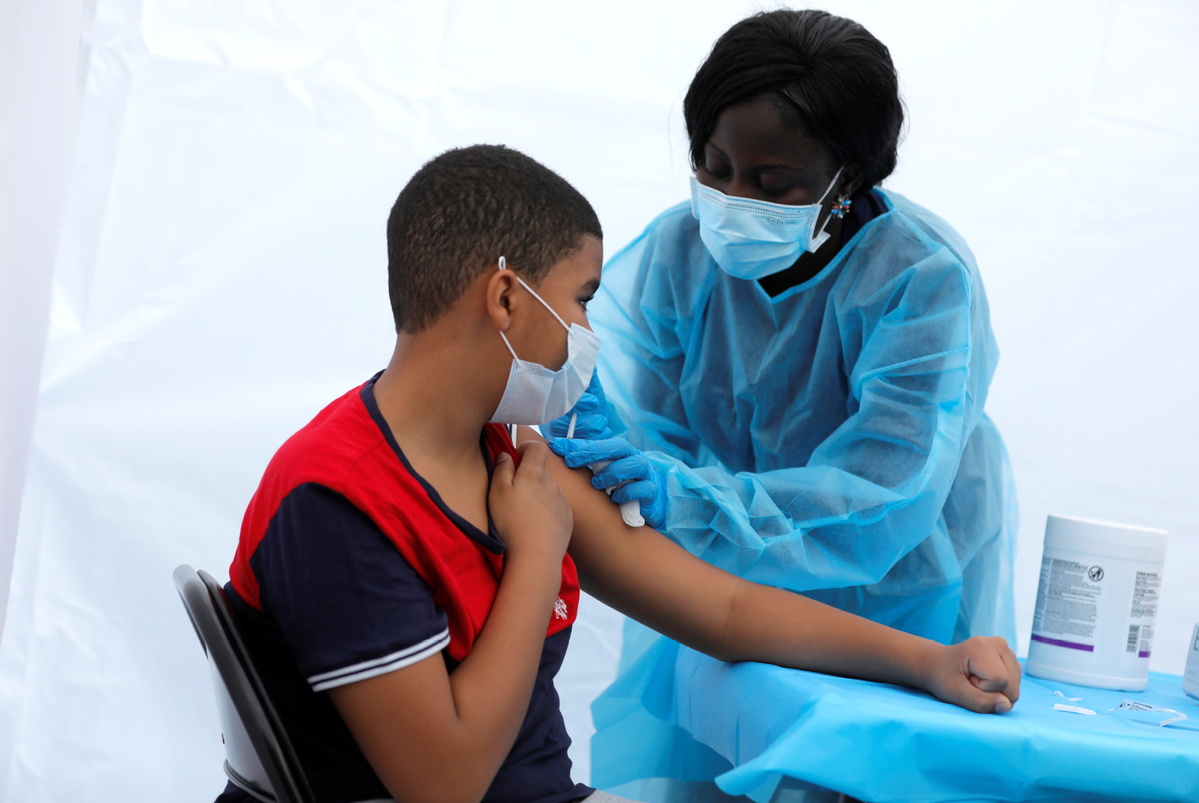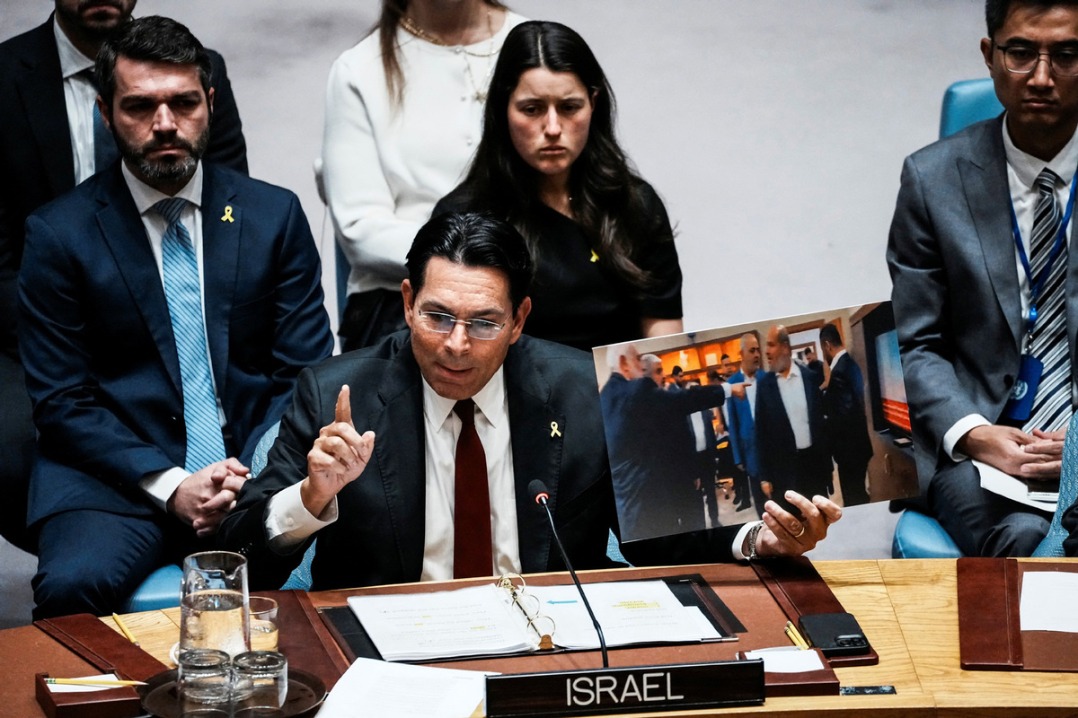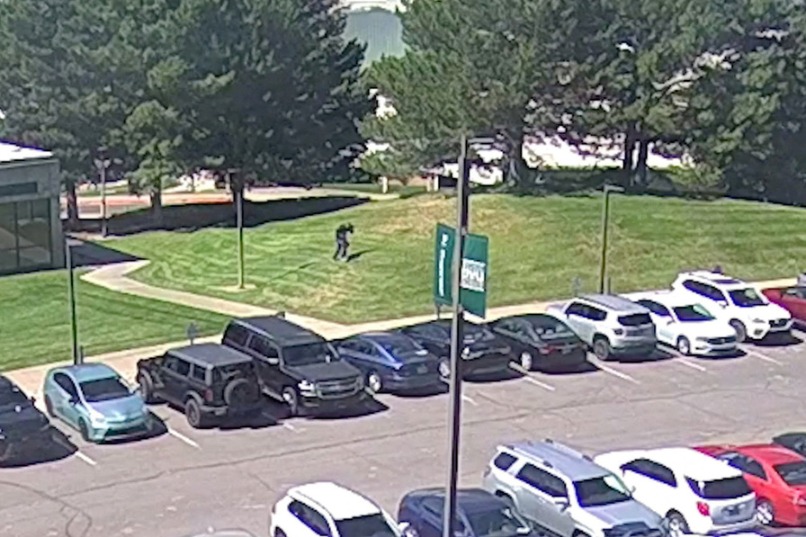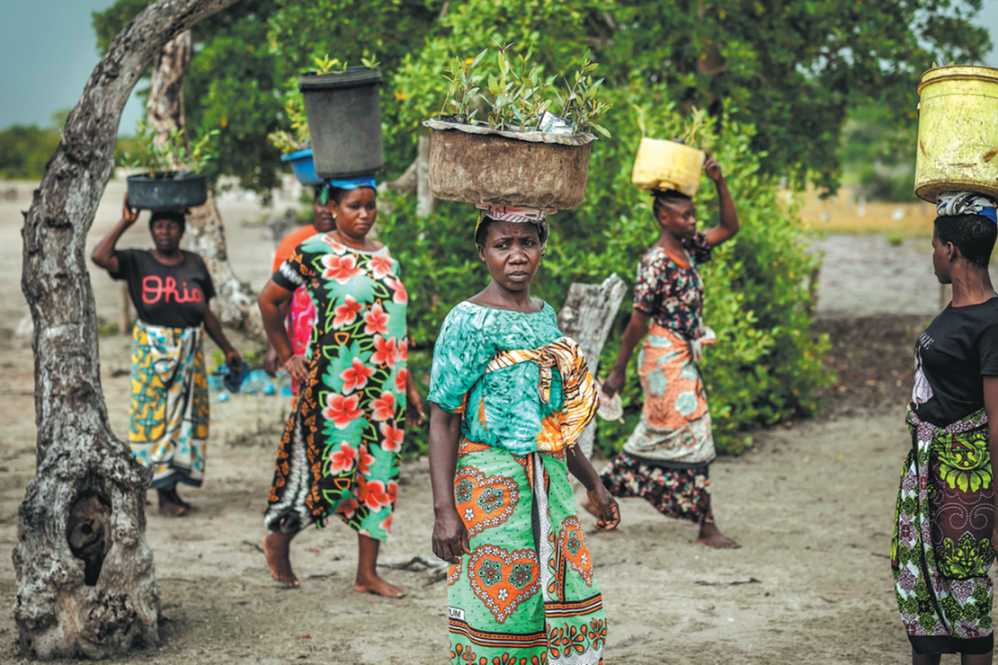CDC focuses on vaccine heart risk to youths


US Centers for Disease Control and Prevention (CDC) advisers on Wednesday will discuss reports linking heart inflammation to the COVID-19 vaccine in youths and young adults.
The CDC's Advisory Committee on Immunization Practices (ACIP) is scheduled to hear about 300 or more reports of myocarditis and pericarditis in youths and young adults who have recently received the mRNA types of vaccines made by Pfizer/BioNTech and Moderna, according to CDC Director Dr Rochelle Walensky.
Walensky said at a White House briefing last week that in the "vast majority" of cases, the inflammation went away.
Long before the pandemic, thousands of cases of myocarditis, the inflammation of the myocardium in the heart, were diagnosed around the world every year. In March, the US Department of Defense started to receive reports of myocarditis among vaccinated members of the military, according to military.com.
On May 20, a group of CDC vaccine advisers posted a report on the CDC website saying that there had been "relatively few reports" of myocarditis after vaccination.
On June 1, the CDC advisers changed their statement and stated that "there was a higher number of observed than expected myocarditis/pericarditis cases in 16-24-year-olds".
"We clearly have an imbalance there," Tom Shimabukuro, deputy director of the CDC's Immunization Safety Office told NBC News.
Myocarditis occurred typically within several days after vaccination and more often after people got the second vaccine shot, according to the CDC. The symptoms included fever, fatigue, shortness of breath and a particular type of chest pain.
The CDC said that among the patients recovering, more than 80 percent of them improved on their own. Most cases of myocarditis can be treated with anti-inflammatory drugs, such as ibuprofen, and in some cases, IVIG, an intravenous medication.
A new study suggests that COVID-19 might shrink parts of the brain.
The study's authors identified "significant effects of COVID-19 in the brain", finding a loss of brain tissue known as gray matter in some regions of the brain that affect a person's sense of taste and smell. The loss of taste and smell are typical symptoms of COVID-19.
The authors also identified consistent abnormalities among COVID-19 survivors in a part of the brain that deals with memory.
"It's very concerning because it does suggest that the virus could be having a direct effect on certain portions of the brain. And I think what it suggests is that the balance of the information that we're accruing does indicate that COVID is a disease that could create persistent symptoms," former FDA commissioner Scott Gottlieb said on a CBS News program Sunday.
The study results underscore the importance for unvaccinated people to get inoculated, said Gottlieb.
The study, which reviewed 394 people's brain scans before they were infected with the coronavirus, was conducted by scientists at the University of Oxford and Imperial College in the UK and the National Institutes of Health in Maryland. It was posted on MedRxiv on Sunday.
The Biden administration on Monday announced its plan for allocating an additional 55 million COVID-19 vaccine doses globally by the end of this month.
Under the plan, about 41 million more doses would be shared with COVAX, the initiative backed by the World Health Organization (WHO) to distribute vaccine doses worldwide. An additional 14 million would go to handpicked countries.
The doses are part of US President Joe Biden's pledge to share 80 million shots globally by the end of June. The White House announced earlier this month its first wave of commitments, sharing 25 million vaccines with COVAX and governments in need. Those doses have begun shipping.
Following Monday's announcement, all 80 million doses Biden committed to sharing are now accounted for. However, Biden will likely miss his goal of having them delivered to the receiving countries by the end of this month.
White House press secretary Jen Psaki said Monday that a number of logistical challenges have slowed the process, including transportation hurdles and language barriers.
A WHO executive warned Monday that the window to help the most at-risk people to get vaccinated is quickly closing.
"We have a very, very short window of time to get our most vulnerable protected and we haven't done it. We have not used vaccines that are available globally to provide global protection to the most vulnerable," said Dr Michael Ryan, executive director of the WHO's Health Emergencies Program, at a virtual press briefing on Monday.

































